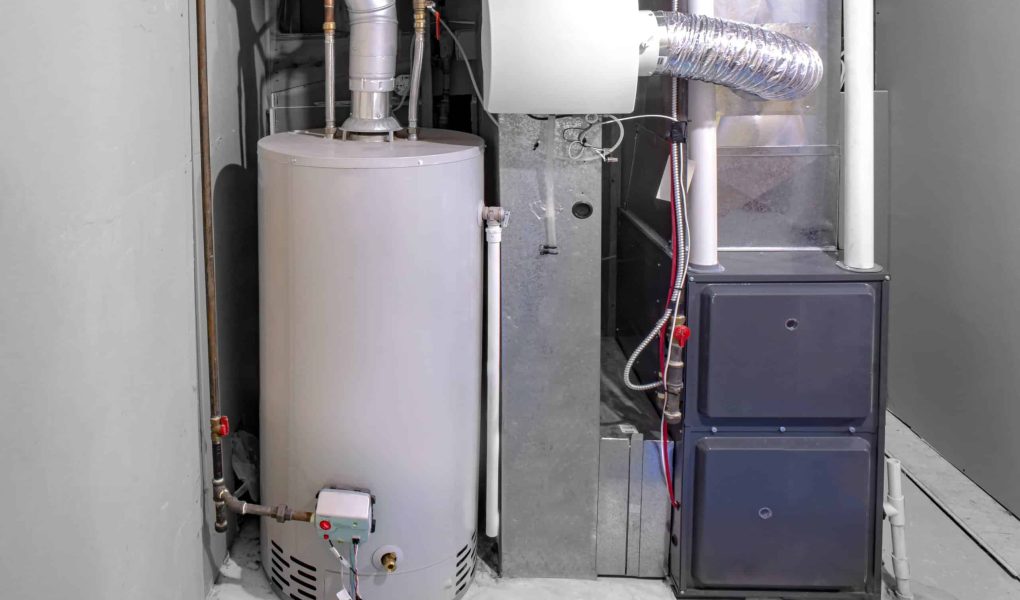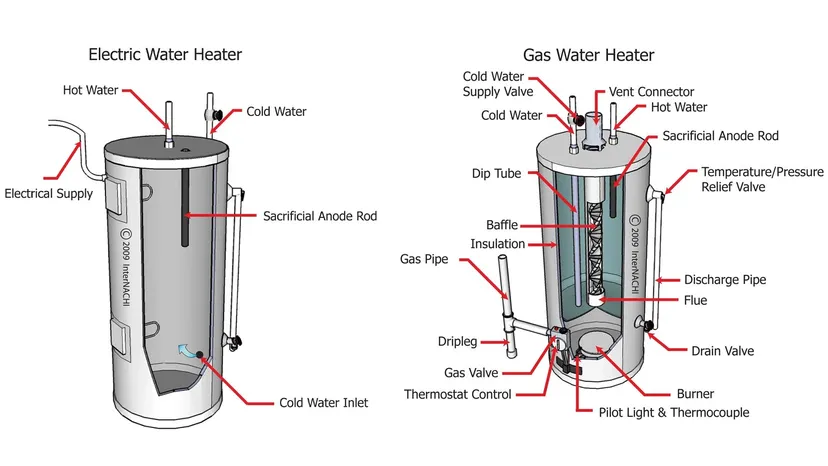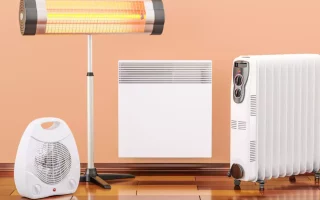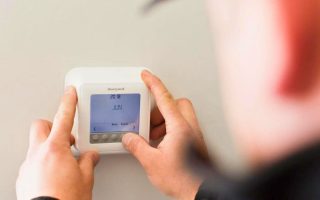Gas water heaters are a common and efficient way to heat water, but they can seem a bit mysterious. Do they need electricity to function? Let’s break down how these appliances work to answer that question.
How Does a Gas Water Heater Work?
Gas water heaters use natural gas or propane to create heat. Here’s the basic process:
Storage Tank: A tank holds a reserve of water that’s ready to be heated. As you use hot water throughout your home, cold water enters the tank from your main water supply line. This cold water fills the bottom of the tank, pushing the already heated water towards the top.
Burner: A gas burner located at the bottom of the tank is responsible for heating the water. When the water temperature in the tank drops below a set point, a thermostat triggers the gas valve to open. This allows gas to flow to the burner.
Heat: The burner ignites (either by a pilot light or electronic ignition) and heats the water within the tank. The heat from the burner rises through the water, because hot water rises naturally (convection). As the cooler water at the bottom of the tank is heated, it rises to the top, replacing the hotter water that’s being withdrawn for use. This circulation process ensures that a steady supply of hot water is available.
Hot Water: Hot water is piped out of the top of the tank whenever you need it. A dip tube inside the tank ensures that the hottest water, which naturally rises to the top, is delivered to your faucets and showerheads.
Traditional vs. Modern Gas Water Heaters and Electricity
Newer models and traditional gas water heaters and differ in their use of electricity:
Traditional Gas Water Heaters: These typically have a standing pilot light, a small flame that continuously burns to ignite the burner when needed. A pilot light constantly uses a small amount of gas to stay lit, which can be less efficient than electronic ignition. However, these traditional models are known for their simplicity and reliability, and they don’t require any electricity to function.
Modern Gas Water Heaters: Modern units tend to use electronic ignition instead of a pilot light. Electronic ignition uses a spark to ignite the gas burner only when hot water is needed. This eliminates the constant gas consumption of a pilot light, potentially making the water heater more energy-efficient. Additionally, modern gas water heaters may use electricity for other features, such as:
- Safety Systems: Sensors and controls that monitor and regulate gas flow to prevent leaks and malfunctions. These safety systems can provide peace of mind and help to prevent dangerous situations.
- Digital Displays: These displays provide more accurate temperature control and information about the water heater’s operation, such as water temperature and error codes. This can allow homeowners to monitor their hot water usage and troubleshoot any issues that may arise.
- Convenience Features: Timers, remote controls, or Wi-Fi connectivity allow for easier control and scheduling of hot water usage. For example, a homeowner can program their water heater to turn on only during certain times of the day, potentially reducing energy use.
In a Nutshell
- Traditional gas water heaters: Run on gas alone, no electrical connection required.
- Modern gas water heaters: Primarily rely on gas for heating, but use a small amount of electricity to power electronic features and safety systems.





